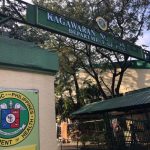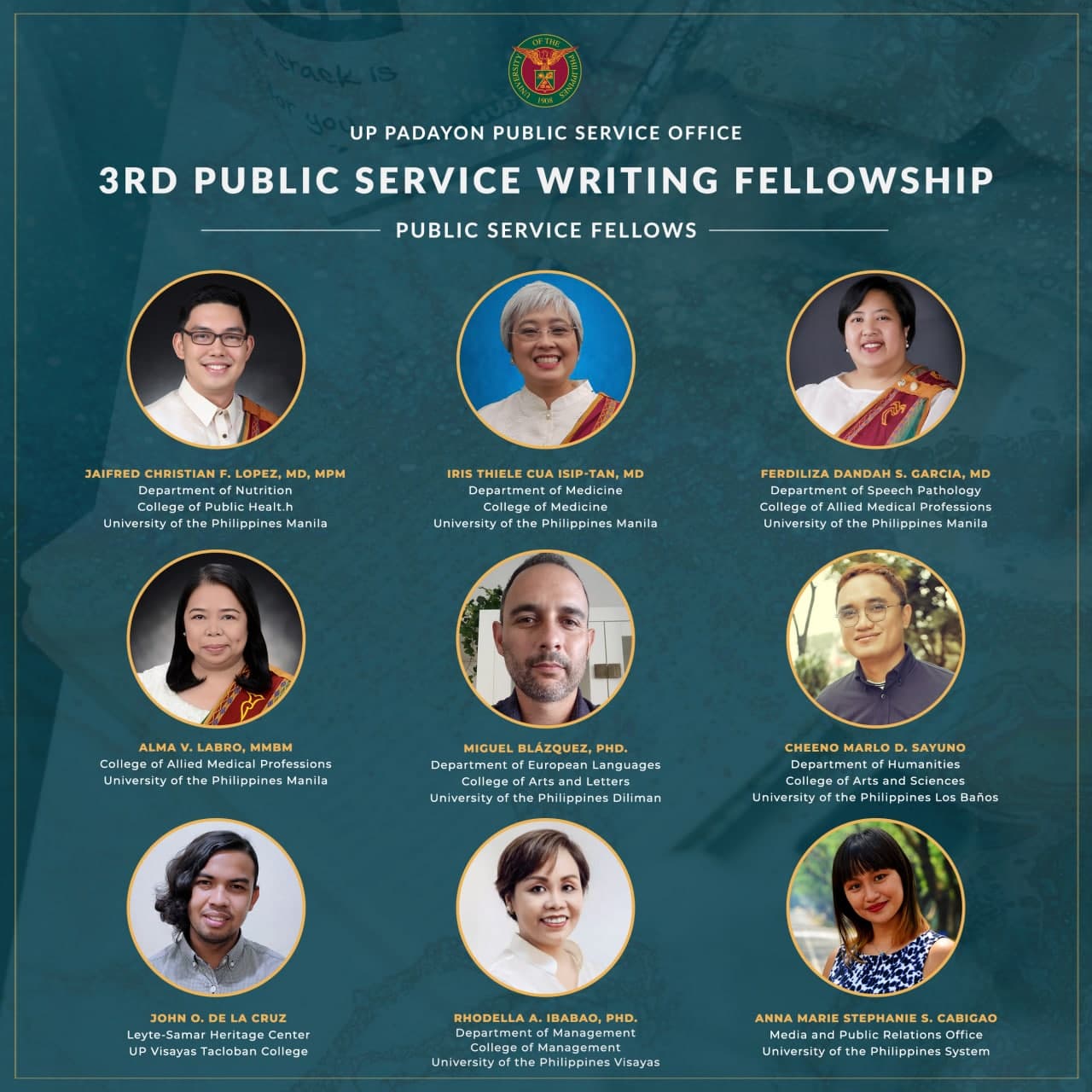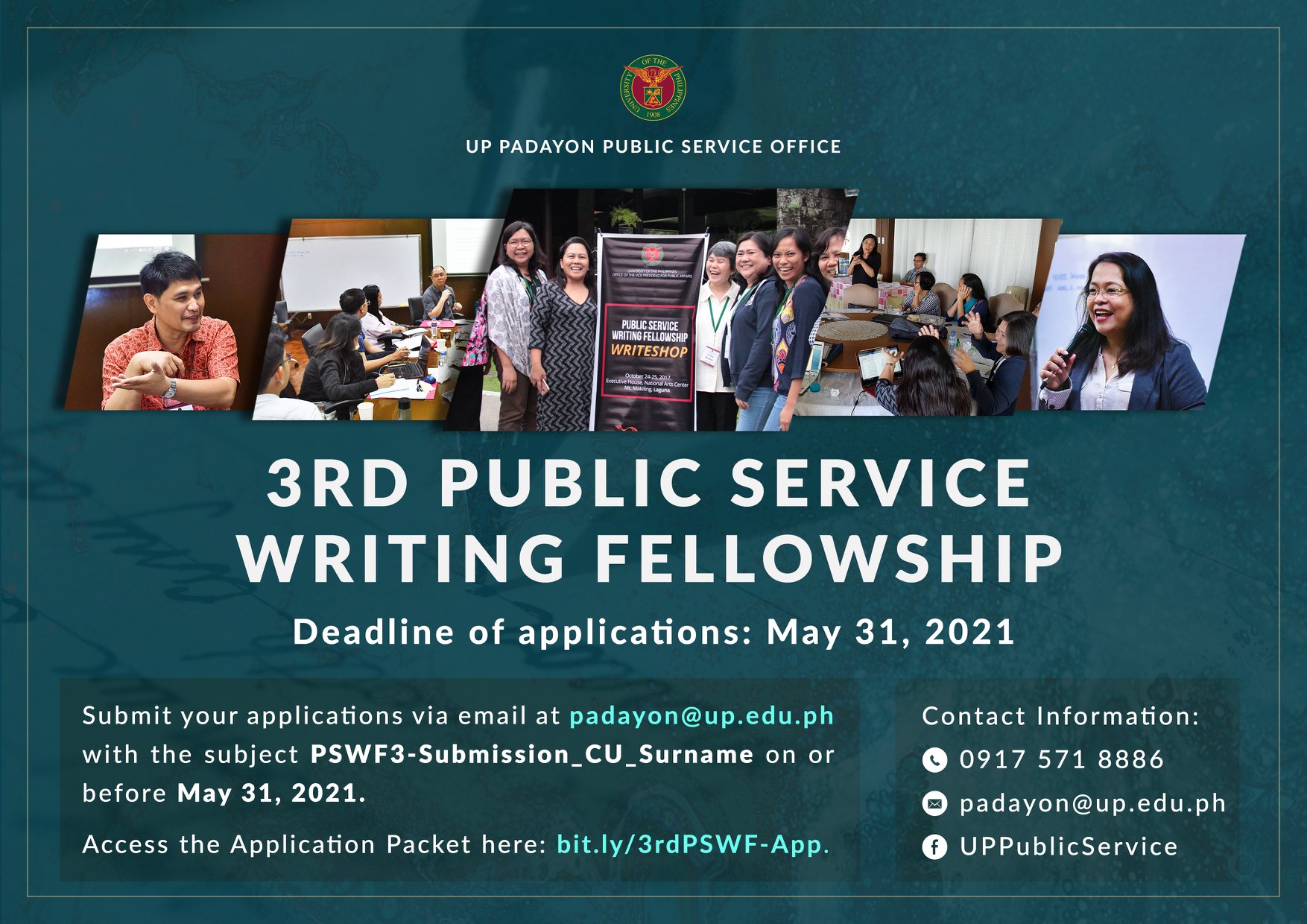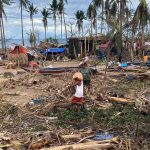A university-based pandemic monitor pointed out a huge gap in the COVID-19 data that was too hard to ignore as it could result in misplaced policies and misinterpretation of the severity of the situation.
As medical doctors underscore the disconnect in the situation on the ground, data analytics from the University of the Philippines (UP) Pandemic Response Team (PRT) touch on the gap and delays between laboratory test results and the data published by the Department of Health (DOH).
Health advocate Dr. Gene Nisperos of Community Medicine Development Foundation said this could be a reason “we are losing the pandemic fight. We’ve fallen behind the enemy.”




